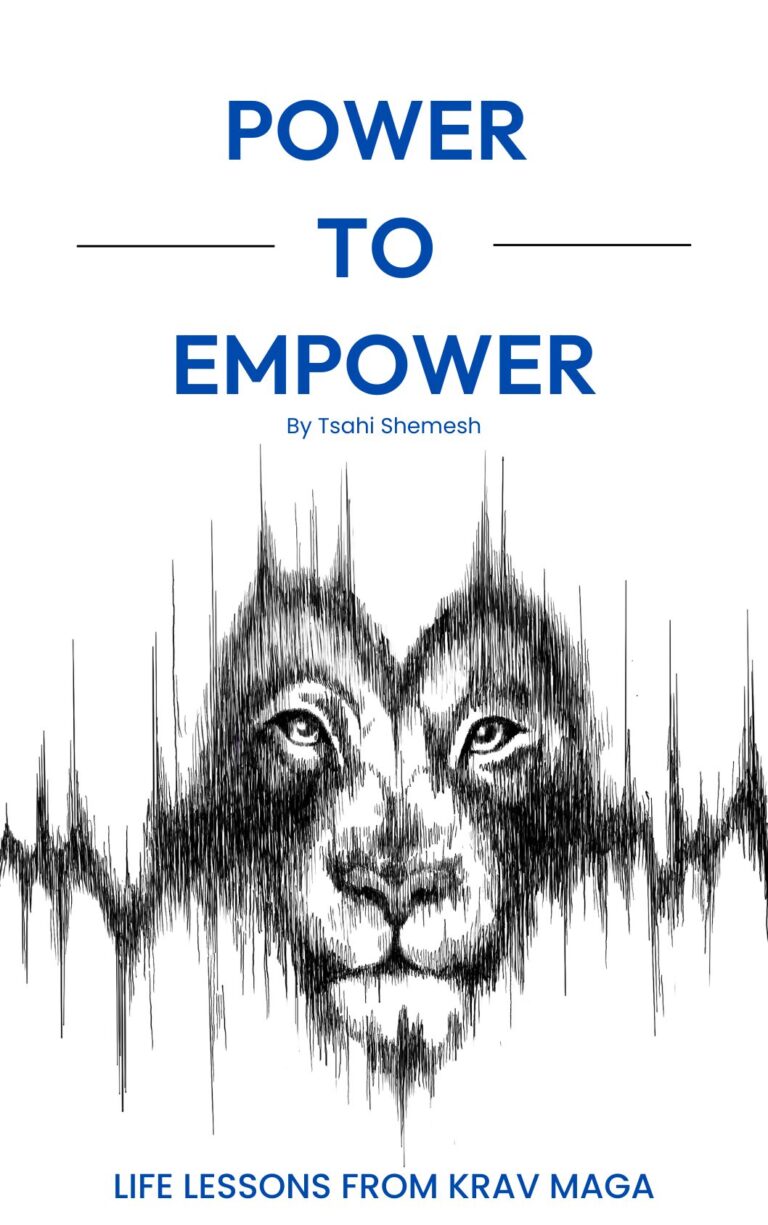AI is starting to become integrated into our daily lives; in every activity, subject and industry. At this point in time, we have excitement over the technology’s rapid advancement and the time it saves over lengthy tasks. But everything comes with a price. When we start realizing how expensive the price is, it may be too late.
While technology is advancing and becoming smarter, it makes us humans more stupid in many ways. We are always online, but no longer connecting to one another. The lack of connection leads to a lack of trust and loss of basic life skills like interpersonal communication, and physical connection and it increases social anxiety. I believe the loss of such skills will eventually lead to new businesses and institutions teaching the new generations, new ways on how to connect with humans.
When we don’t know how to connect, we are scared of one another. Everything can be seen as a threat even when it’s not. We have a sad but great example of it from our recent past – Covid 19 lockdowns. We were all isolated, and as a result of it, many people developed social anxiety.
In this post, I am sharing my thoughts on if AI will lead to more violence in the future. It is a complex question with no easy answer. There are a number of factors to consider, including the specific applications of AI, the intentions of the people developing and using it, and the ethical guidelines that are put in place.
On the one hand, AI could be used to develop more autonomous weapons that can select and engage targets without human intervention and other tools of violence. This could make it easier for people to harm others, and could also lead to an arms race. Additionally, AI could be used to manipulate people’s emotions or beliefs and spread propaganda or to incite violence.
On the other hand, AI could also be used to prevent violence. For example, AI could be used to monitor social media for signs of radicalization or hate speech, and help identify potential terrorists or other violent extremists before they act. AI could be used to monitor potential conflicts and identify early warning signs. It could also be used to develop de-escalation techniques and to provide counseling and support to people who are at risk of violence. This could help to prevent people who are at risk of violence from acting on violent impulses.
While AI can affect the way violence shows up in our lives, it can also create challenges and disruptions to the individual and society.
10 ways AI could pose a danger to the individual and society
- Job Displacement: Automation and AI can indeed lead to the displacement of certain jobs that are routine and repetitive in nature. This can result in job loss for people who are employed in such roles. However, AI can also create new job roles in fields related to AI development, maintenance, data analysis, and more.
- Self-Esteem and Violence: Job loss and career changes can impact self-esteem and mental well-being. It’s important for people to acknowledge this and have a plan to stay relevant through education and training.
- Isolation and Reduction In Social Interaction: The rise of technology, including AI, has changed the way people interact with each other. While digital communication and virtual interactions can create a sense of distance, they can also enable connections across borders. It’s essential to find a balance between online and offline interactions to maintain a sense of belonging and connection.
- Lack Of Empathy and Understanding: It’s important to remember that empathy and human understanding are unique qualities that machines cannot replicate. Societies should cultivate these qualities and integrate them into education and social interactions.
- Threat Perception: Rapid societal changes can sometimes lead to feelings of uncertainty and threat. Promoting education, awareness, and open dialogue can help manage these concerns.
- Reduction In Basic Life Skills: There will always be a need for human skills like critical thinking, creativity, emotional intelligence, and problem-solving. These skills contribute to a well-rounded individual and society.
- Bias and Fairness: AI systems can inherit biases present in the data they are trained on, leading to discrimination. If not carefully designed and monitored, AI algorithms can perpetuate and amplify biases, leading to unfair and discriminatory decisions. This can be especially a problem in areas like hiring, financial services, and law enforcement.
- Security Risks: Digital systems, like AI, can be vulnerable to hacking and manipulation to exploit vulnerabilities in the functioning of AI algorithms, leading to potentially harmful outcomes.
- Lack of Accountability: As AI systems become more complex and autonomous, it can be challenging to determine who is responsible if something goes wrong.
- Loss of Control: Highly advanced AI systems could potentially exceed human intelligence and understanding, leading to concerns about humans losing control over AI. This concept, is known as the “control problem” in AI ethics and continues to be researched and debated.
These are just a few examples, and the actual impact of AI on violence and society will, of course, depend on a variety of factors. Sometimes, you will just have to live long enough to find out the results of new developments.
AI is a tool, and like any tool, it can be used for good or evil. There’s enough data in the history of the world to know that there will be some who misuse this technology. It is up to us to ensure that AI is used responsibly and ethically. Let’s hope that “good” will win.
Do something amazing,
Tsahi Shemesh
Founder
Krav Maga Experts

